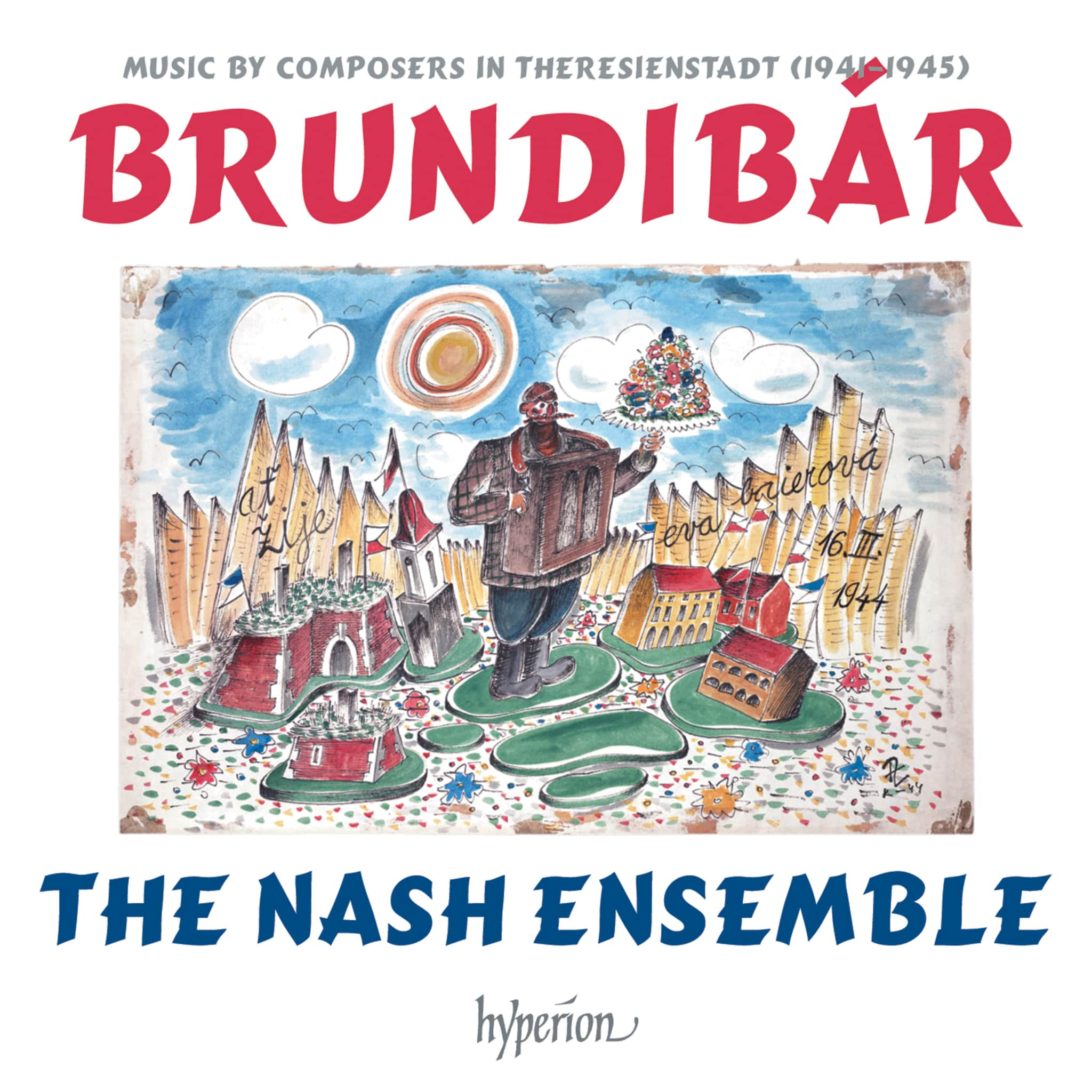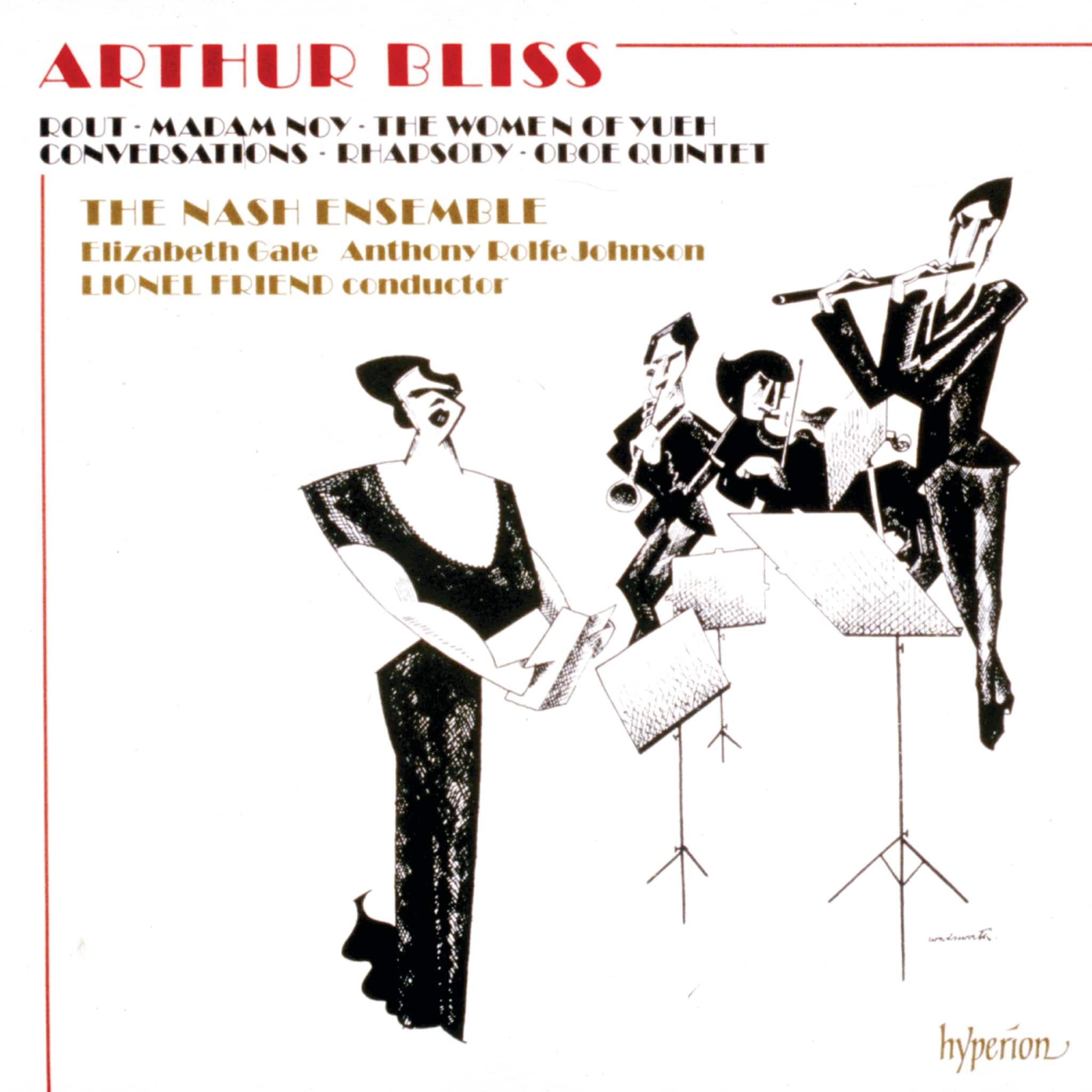Album insights
Gustav Mahler once famously remarked to Sibelius in 1907, "The symphony must be like the world. It must encompass everything." As noted in the essay on Mahler's earlier CD of songs (CDA67392), his inspiration for the first four symphonies came from a unique world. "Des Knaben Wunderhorn" was an enormous collection of German folk poetry compiled by poets Achim von Arnim (1781–1831) and Clemens von Brentano (1778–1842) during their travels along the Rhine and its tributaries. The collection, first published in Heidelberg in 1805, aimed to counteract the perceived unhealthy and dangerous influence of the Enlightenment era and the turmoil of the French culture, Revolution, and Napoleonic wars. Goethe humorously suggested in a 1807 review that every household should possess a copy of "Des Knaben Wunderhorn", alongside cookbooks and the Bible, either on the kitchen shelf or, even better, on the piano for singing to simple melodies. Mahler absorbed the implicit music in the poetry into his own musical language, utilizing it in songs and monumental symphonic movements. Out of the two dozen "Wunderhorn" songs he composed, twelve appeared in orchestrations as "Humoresken" between 1892 and 1901. These songs provided the perfect raw material as they combined the tangible and the fantastical, the individual and the universal.
Entering Mahler's world of "Wunderhorn" songs is like opening a picture book where each page unveils a new character, a new fairytale or episode reflecting the spectrum of human existence. Despite the limited social range from which the characters are derived, the music resonates with intense depictions of human life, narrating stories with empathy, humor, and compassion.
Mahler's composition "Revelge" serves as a chilling death march, transitioning from drum rolls and trumpet blasts into the chaos of battle. On the contrary, "Lob des hohen Verstandes" provides a comedic gem, fostering a playful contest between bird singers. "Rheinlegendchen" emerges as a delightful and enchanting Ländler among the collection, captivating audiences and warranting encores. The dialogue in "Wo die schönen Trompeten blasen" emerges as a highlight, embodying both emotional depth and musical contrast.
The subsequent songs in the collection, including dialogues like "Der Schildwache Nachtlied" and narratives like "Das irdische Leben," unravel a tapestry of themes encapsulating duty, private feelings, and human struggles. Each song presents its own unique narrative, blending humor, irony, and poignant reflections on existence.
"Militaristic Imagination" is clear in Mahler's portrayal of soldiers as foot soldiers rather than heroes, showcasing elements of vulnerability and sacrifice. The settings range from military marches and village life to tragic narratives, all conveyed with Mahler's distinctive musical language.
In conclusion, Mahler's "Des Knaben Wunderhorn" songs offer a rich tapestry of storytelling and musical exploration, delving into the complexities of human experiences with depth and emotion. Each song encapsulates a unique facet of life, capturing a blend of humor, tragedy, and compassion in Mahler's distinctive musical style.




